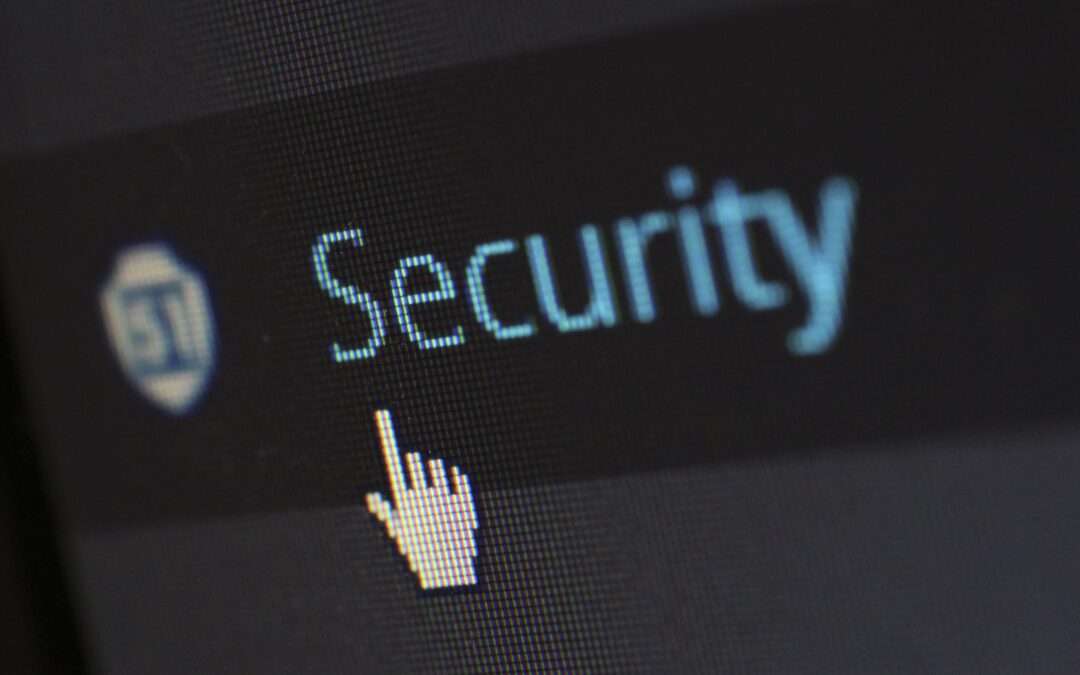As mobile app usage grows, so does the potential for cybercrime. Include security features in your mobile app to protect your users and your business. But what should you have? Here are seven features to consider.
Firewall Protection
A firewall blocks malicious traffic and protects your app from attacks. It’s a security system that protects computers and networks from unauthorized access. It does this by blocking incoming and outgoing traffic that is not authorized. Firewalls can be software or hardware-based. They are commonly used in businesses and organizations but can also be used in personal devices such as smartphones and laptops.
Require Data Validation and Integrity Checks
You want to ensure that any data your app processes are handled safely, so you must verify everything that goes through it. Most secure applications, for example, will demand a username and password to log in. You should restrict access to only valid usernames so that no one else can use them.
Another security measure you can take is two-factor authentication, which requires two pieces of identifying information before someone can access an account. This can be a password and a fingerprint or a PIN and a retina scan. By taking this measure, you keep your app safe from unauthorized users.
Checksums
When verifying the data your app handles, you want to check the data for accuracy and ensure that it is not corrupted. One way to do this is by using checksums.
A checksum is a value that is calculated based on the data that is being sent. When the data arrives, the checksum is recalculated. If the two values match, then the data has not been corrupted. If they do not match, the data has been corrupted and needs to be resent.
Password protection
This is a must-have for any app that stores sensitive information. Users should have the option to set a password, and the app should hash and salt passwords to make them more challenging to crack.
Data encryption is another crucial security measure. Encryption scrambles data so authorized users can only read it, making it more difficult for hackers to access sensitive information.
Two-factor authentication is an extra layer of security that requires users to provide two pieces of identifying information before accessing an account. This can be a password and a fingerprint or a PIN and a retina scan.
App permissions
Another way to protect user data is to limit your app’s permissions. For example, an app that doesn’t need access to a user’s contacts list shouldn’t have permission to access it. Limiting permissions can reduce the amount of information your app has access to and minimize the chances of sensitive data being leaked.
Remote Wiping
If a user’s device is lost or stolen, you should be able to wipe the data from your app remotely. This ensures that no unauthorized person can access the app.
Disable Debug Code
Debug code is frequently utilized throughout the development process to aid developers in testing for bugs and determining what is causing them. However, once the app enters production, it should be disabled. If left in, and a hacker obtains access to the debug clause, they will be able on several levels: how the application is handling input, users moving around the app, etc. Consequently, this gives hackers a guide on the best way to exploit the app.
By disabling debug code, you protect your app from being hacked.
Don’t Log Sensitive Data.
Make sure you’re not keeping any sensitive information, such as usernames and passwords, in your application’s logs that a hacker could access. Also, remember to include the keyboard cache, which offers auto-fill functionality. Some are configured to log everything entered, allowing hackers to obtain similar data.
Final Thoughts
These are just a few security features you should consider for your mobile app. By including these features, you can help to protect your users and your business from cybercrime.
If you’d like to learn more about mobile app security and how to include these features in your app, please contact our mobile app development team at ViviScape. We would be happy to discuss these measures with you and help you create a safe and secure app for your users.

